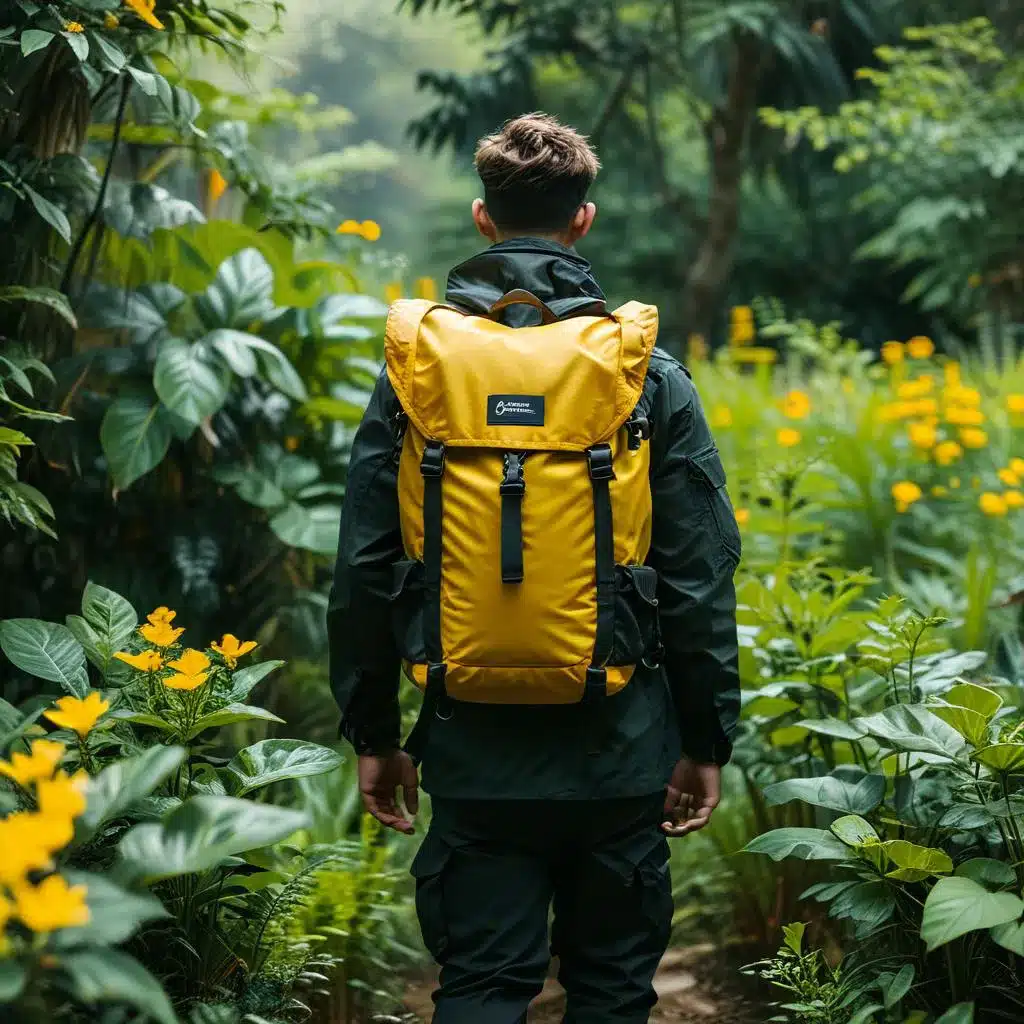Table of Contents
Exploring off-the-grid destinations offers a unique sense of freedom, connection to nature, and escape from the hustle of daily life.
For adventurous travelers, off-the-grid travel can mean remote campsites, hidden trails, or places where modern amenities like electricity and Wi-Fi are out of reach.
While these escapes are rewarding, they also require careful planning and the right tools to ensure a safe and enjoyable journey.
Powering Your Trip
When traveling off the grid, access to electricity may be limited or nonexistent. To stay powered up, consider packing solar generators, which can keep your devices charged by harnessing energy from the sun.
These generators are especially useful for longer trips, allowing you to charge essential devices like GPS units, phones, and portable lights. Solar-powered chargers and compact solar panels are also convenient for on-the-go charging, reducing your reliance on traditional power sources.
Packing Lightweight, Multi-Purpose Gear
Off-the-grid travel often involves hiking to remote locations, so packing lightweight, multi-purpose gear is essential. Opt for items that serve multiple purposes, such as a camping stove that doubles as a cooking pot or a lightweight sleeping bag that provides insulation and warmth.
This approach reduces pack weight and leaves room for other essentials, making it easier to travel efficiently and comfortably.
In addition, choose high-quality, durable gear that can withstand the elements. From a sturdy backpack to waterproof clothing and sturdy footwear, investing in reliable gear will help you avoid mishaps and enjoy a smoother experience.
Staying Hydrated and Nourished
Access to clean water is often limited in remote areas, so plan ahead by bringing a reliable water filtration system or purification tablets. These tools allow you to drink from natural water sources without worrying about contamination, ensuring a safe and steady supply.
When it comes to food, pack lightweight, nutrient-dense options like dehydrated meals, protein bars, nuts, and dried fruits.
These foods are easy to prepare and provide the necessary energy for long days of hiking or exploring. Prioritize foods that are high in protein and healthy fats to maintain energy levels throughout your trip.
Navigating with Maps and Compass
While GPS devices and smartphone apps are useful for navigation, they may not work reliably in remote areas. A traditional map and compass are essential for off-the-grid travel, offering a reliable backup in case of signal loss or device failure.
Familiarize yourself with basic map-reading and compass skills to navigate confidently without digital tools.
Study your route in advance and make note of key landmarks, water sources, and potential campsites. Many remote areas have limited signage, so understanding your surroundings before you arrive will help prevent getting lost.
To make your journey even smoother, equip your truck with cool pickup bed accessories to store and organize your gear. Items like bed-mounted toolboxes or cargo dividers can keep your essentials easily accessible while maximizing space. These accessories not only enhance convenience but also ensure you’re well-prepared for any challenges during your off-the-grid adventure.
Prioritizing Safety and First Aid
Staying safe in off-the-grid locations requires more preparation than typical trips. Pack a well-stocked first aid kit, including essentials like bandages and antiseptics.
A compact emergency shelter or thermal blanket can also be invaluable in case of unexpected weather changes or delays.
Inform someone of your itinerary and expected return date before you leave, especially if you’re traveling alone. Having a communication plan, even if it’s as simple as setting a check-in schedule with someone back home, adds a layer of safety.
Embracing the Off-the-Grid Experience
Going off the grid is more than just disconnecting from technology; it’s a chance to reconnect with yourself and your surroundings.
Embrace the experience by immersing yourself in nature, observing local wildlife, and appreciating the simplicity of each moment.
Whether it’s stargazing under a clear night sky or waking up to the sound of nature, these moments create memories that last a lifetime. Enjoy the journey, respect your environment, and let the experience rejuvenate your spirit.


